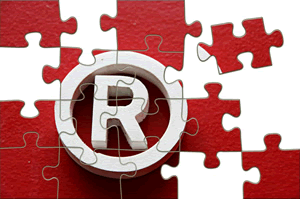Copyright
What does Copyright mean?
A copyright is a protection provided over a work authored or produced by an individual, including books, music, art, and other written material or artwork. A copyright literally provides to the holder of the copyright the right to copy the material for further publication or distribution. The United States Copyright Office manages the registration process related to copyrights and acts as a single repository for recording registered copyrights. The office also provides guidance to Congress on matters related to authored materials and the rights afforded to the owners.
Unlike with a patent and trademark, a copyright is in effect from the moment the creator produces a given work, even if the creator does not register for a copyright. However, formal registration for a copyright gives the author the opportunity to collect statutory damages and attorney fees in the event the author must bring legal action against another for infringement on the copyright.
A copyright lasts for the lifetime of the author plus an additional 70 years. In the case of material with an anonymous author, the copyright lasts 95 years after publication or 120 years after it creation, whichever timeframe ends first.
Related Pages
Trademark Law Attorneys near
Term of the Day
Abuse of a child
Abuse is any act against a child which results in death, serious physical or emotional harm, or sexual abuse.
Category: Adoption


